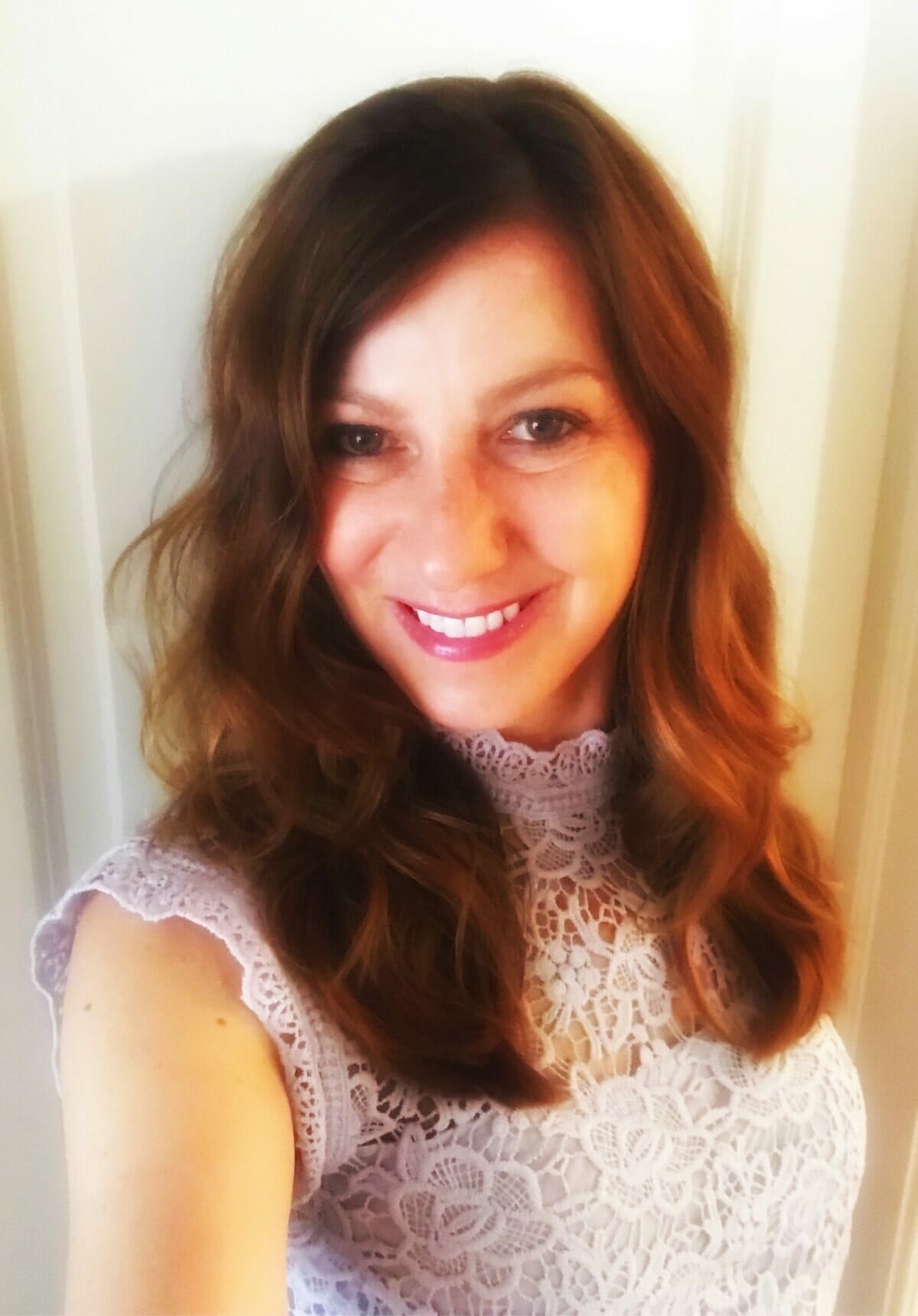By Alice Holland
Valentine’s Day is a time when we routinely think about dating and romance. The dating world can be difficult to navigate, especially during this highly anticipated holiday.
Perhaps you are moving beyond digital conversation to real life interaction. Or possibly you already have an established in-person connection with a mutual interest with the goal of advancing your relationship.
How exactly do you develop chemistry in a relationship? Heating things up for successful dating chemistry boils down to one important trait: intelligent flirting.
1. Seek a quasi-dangerous date
This type of date may sound unsafe; however, it is controlled. Examples are skydiving, snowtubing, rock climbing, or watching a scary movie.
Quasi-dangerous activities activate stress hormones such as cortisol and epinephrine in the body. An increase in stress hormones also increases the brain chemical dopamine, a neurotransmitter known as the feel-good hormone.
Dopamine plays a key role in the process of creating attraction. An increase in dopamine leads to an increase in attraction. Choose an activity that you find interesting, increases your heart rate, and causes some nervousness. The adrenaline rush experienced during a quasi-dangerous date stimulates the release of dopamine, which is closely related to attraction.
2. Develop conversational muscles
Comparable with a physical work out at the gym, conversational muscles are equally important to develop. Think of your conversation as a tennis match. Take turns speaking, back and forth, back and forth. Monopolizing the conversation by doing all the talking can sound self-centered and boastful. Too many questions can create a fine line between being inquisitive and being intrusive.
Minimal conversation or avoiding conversation altogether portray awkwardness and disinterest. Keep the flow, listen, and enjoy the banter. Ask open-ended rather than yes or no questions. Instead of “Do you eat Italian food?” ask, “Tell me about the types of cuisine you enjoy.”
Open-ended questions illicit broader responses, provide the opportunity to learn more about each other, and build trust. Communication is essential in a relationship.
3. Generate positive vibes
We are wired that if we aren’t exhibiting a positive vibe, people assume we are negative. Negativity is our default setting. Most people are wired to observe negative signals.
Take a deep breath, relax, and use your energy to think about something that makes you feel good inside. Your energy radiates and influences people around you. Developing a positive attitude will help you receive positivity in return.
4. Create an approachable you
There is a successful recipe for an approachable you. The three key ingredients are: 1) keep a relaxed and open posture; 2) maintain eye contact; and 3) don’t forget to smile. By the way, smiling increases dopamine which, in turn, increases attraction. Also, the chemical serotonin is released soon after meeting someone that we find attractive.
Consequently, serotonin, a happy neurotransmitter, has a huge impact on our feelings throughout the initial stages of a relationship. Pair serotonin with dopamine and you’ve got a powerful potion which can be so influential that people believe they are experiencing love at first sight.
5. Follow a simple quote
Be yourself because everyone else is already taken, as Oscar Wilde said. If we were all wired the same, life wouldn’t be as fascinating and unpredictable as it is. Intelligent flirting isn’t about being someone you aren’t, it is about understanding your strengths and accentuating them.
Express the best of whom you are. Remember to be yourself. Communicate effectively and clearly. Intelligent flirting is being the best you can be, feeling good about yourself, and contributing to a successful relationship.
Alice Holland, PhD, NP-C, CSE is a national certified family nurse practitioner and national certified sex educator. She is an Assistant Professor in the Department of Nursing and Health Professions at the University of South Carolina Beaufort (USCB).









